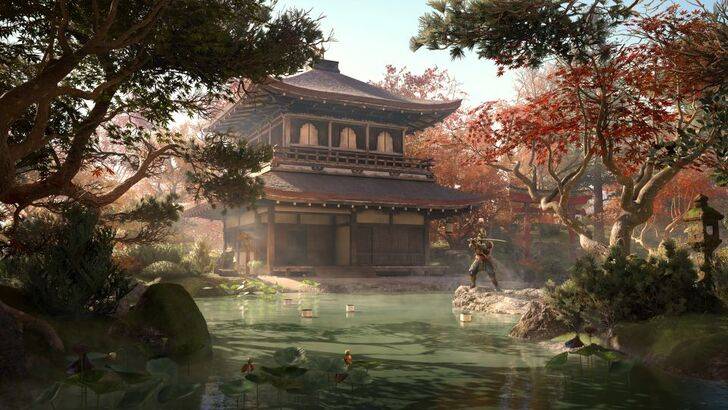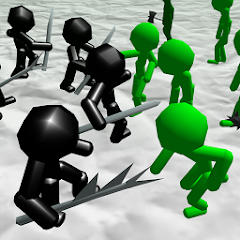The enduring appeal of board games lies in their diverse offerings, catering to families, strategy enthusiasts, and various other preferences. While modern games excel, classic board games retain their charm and popularity among both novices and seasoned players. This article explores some of the best classic board games that have stood the test of time.
TL;DR: Top Classic Board Games
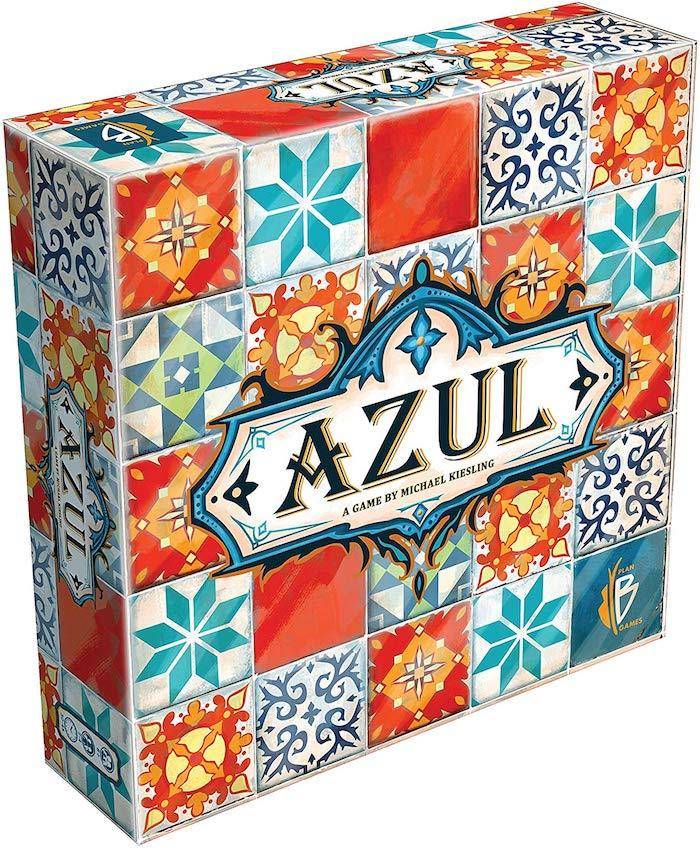 ### Azul
### Azul
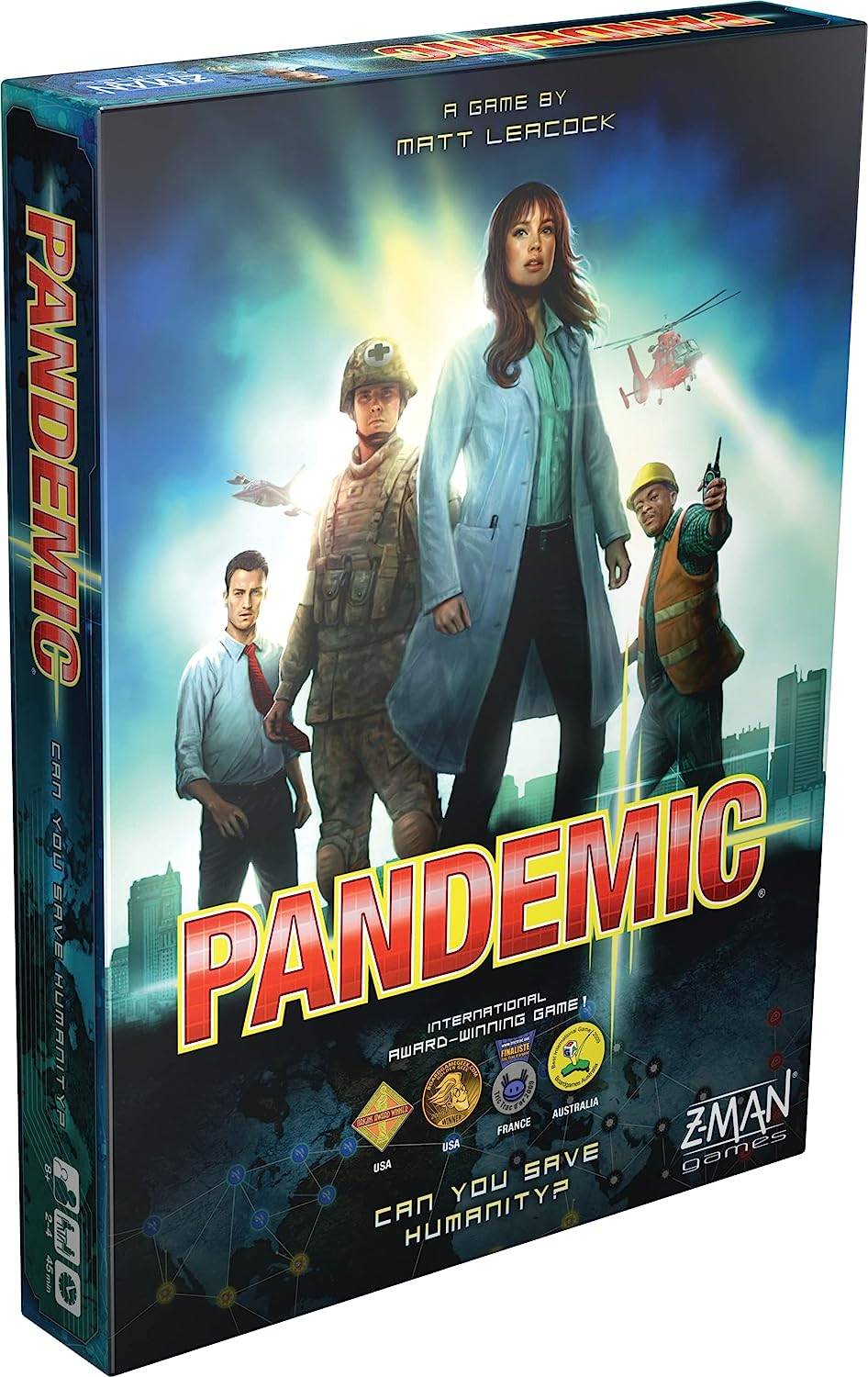 ### Pandemic
### Pandemic
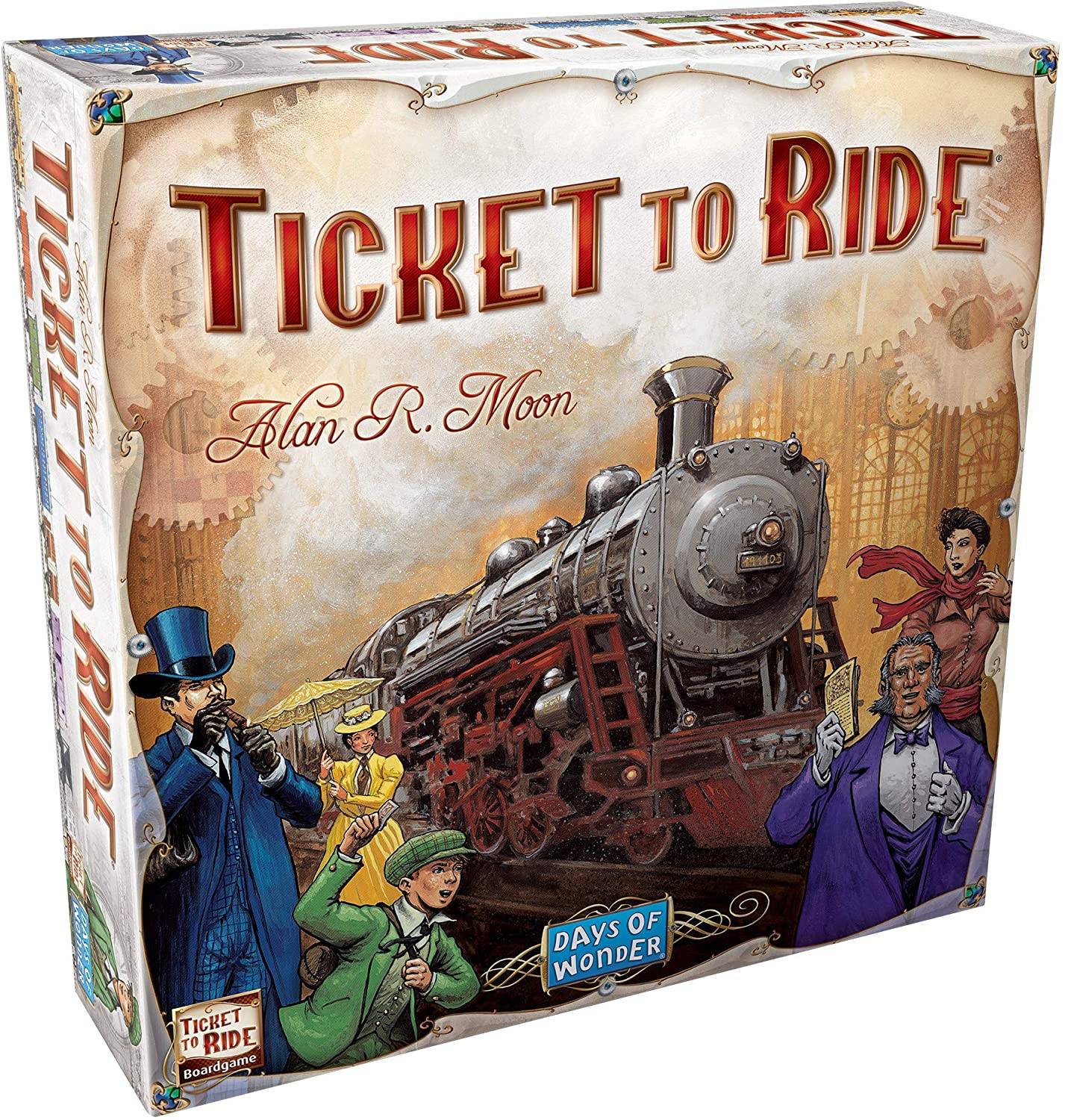 ### Ticket to Ride
### Ticket to Ride
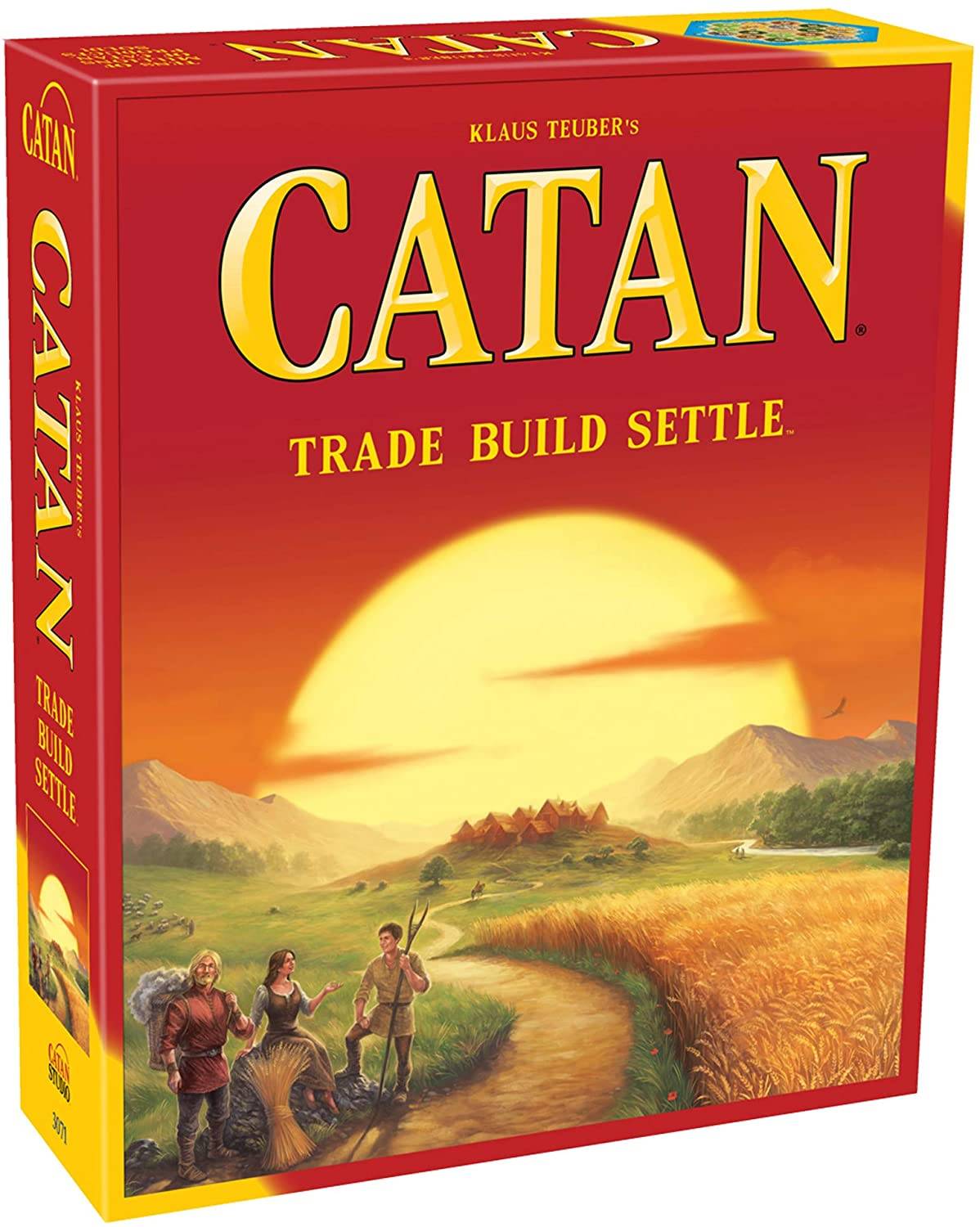 ### Catan
### Catan
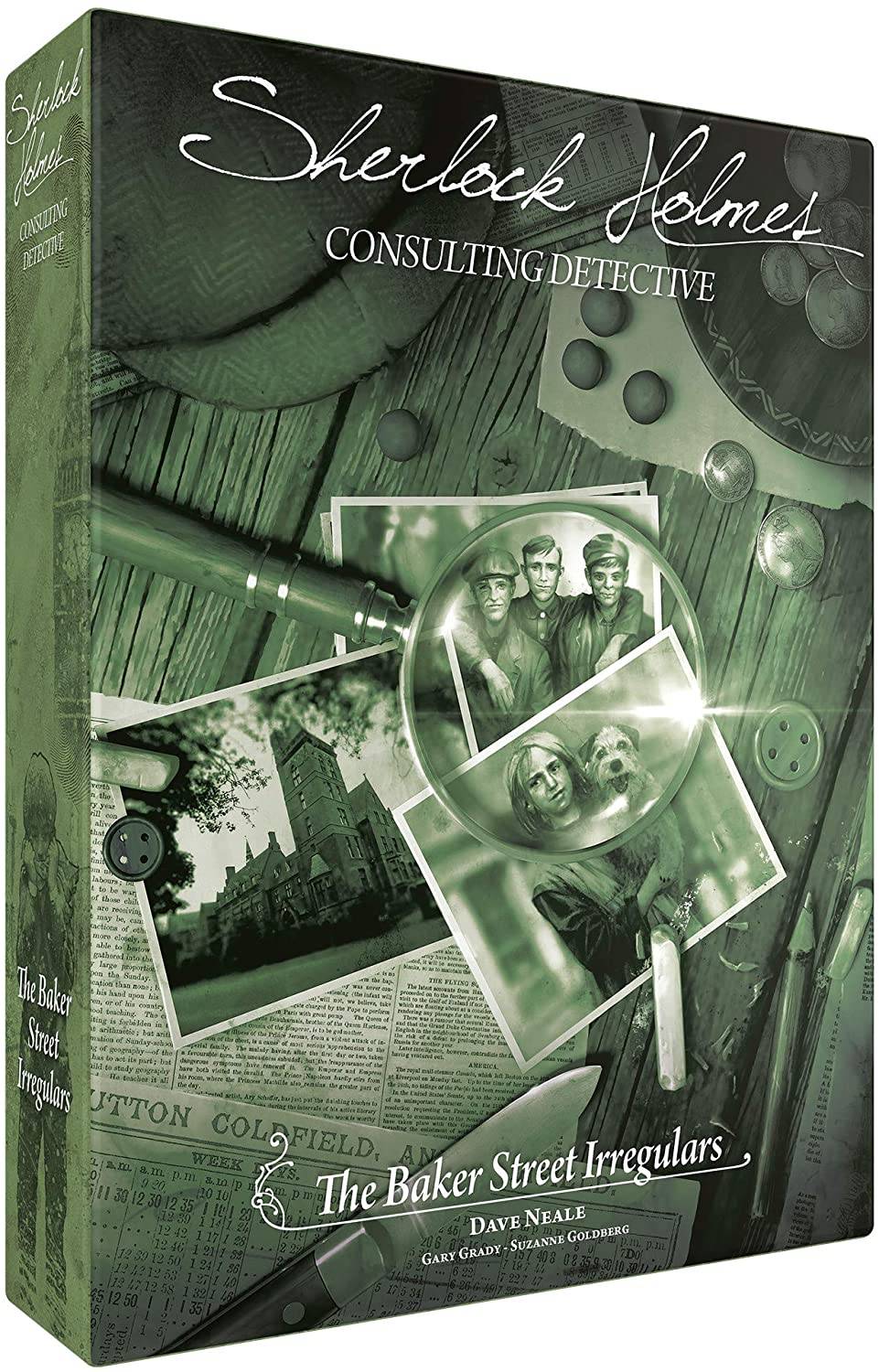 ### Sherlock Holmes: Consulting Detective
### Sherlock Holmes: Consulting Detective
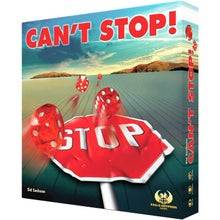 ### Can't Stop
### Can't Stop
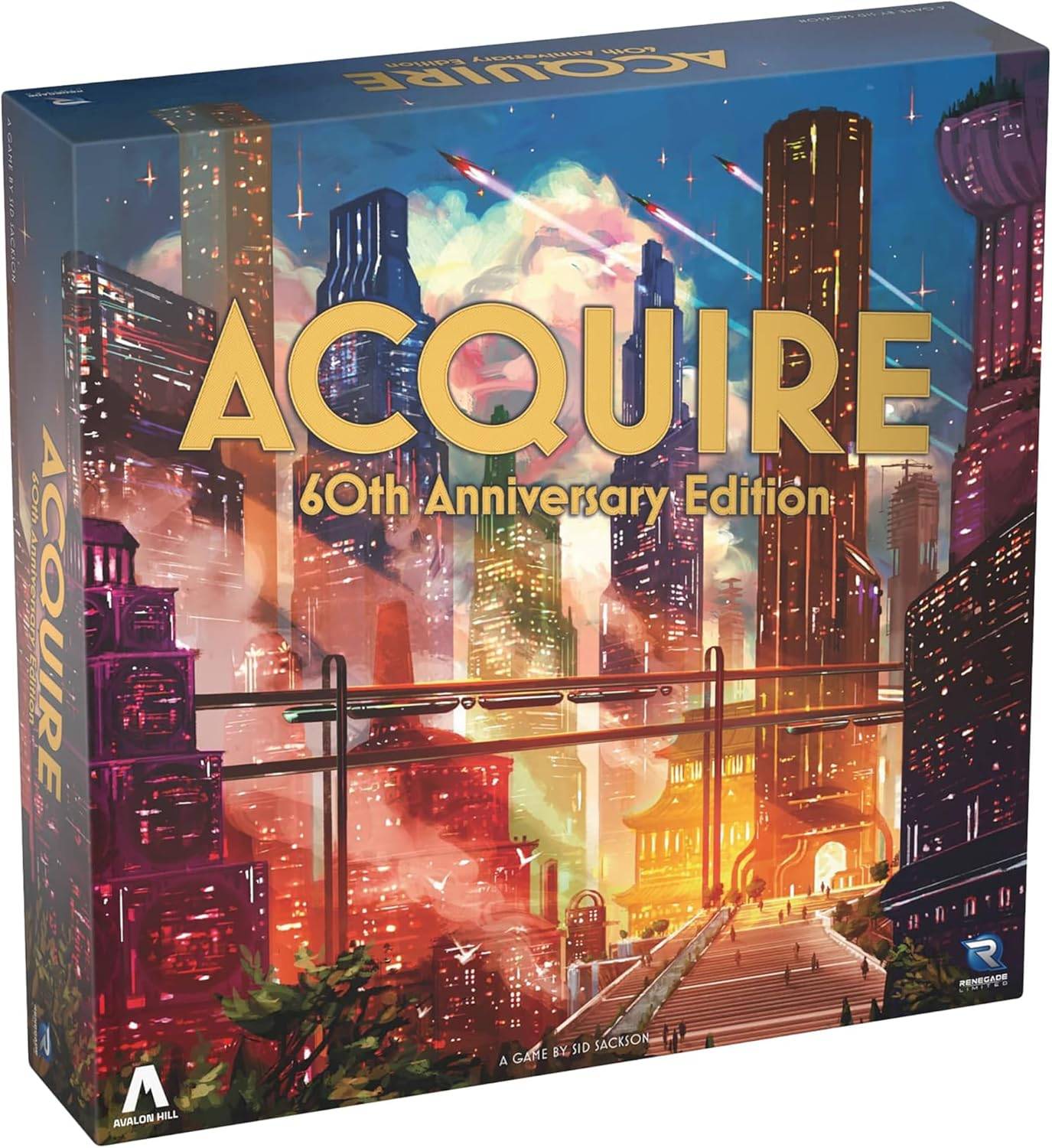 ### Acquire 60th Anniversary Edition
### Acquire 60th Anniversary Edition
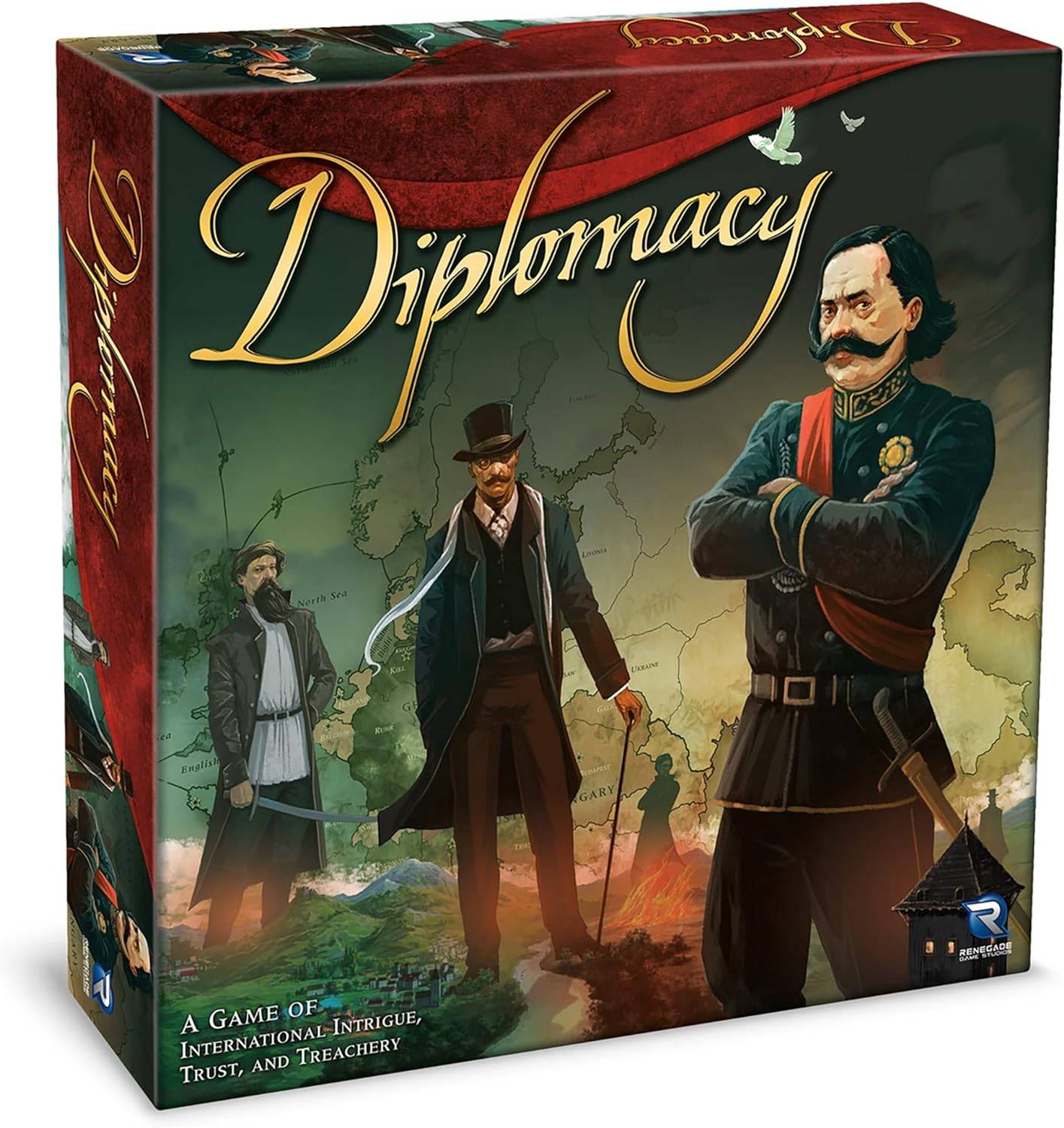 ### Diplomacy
### Diplomacy
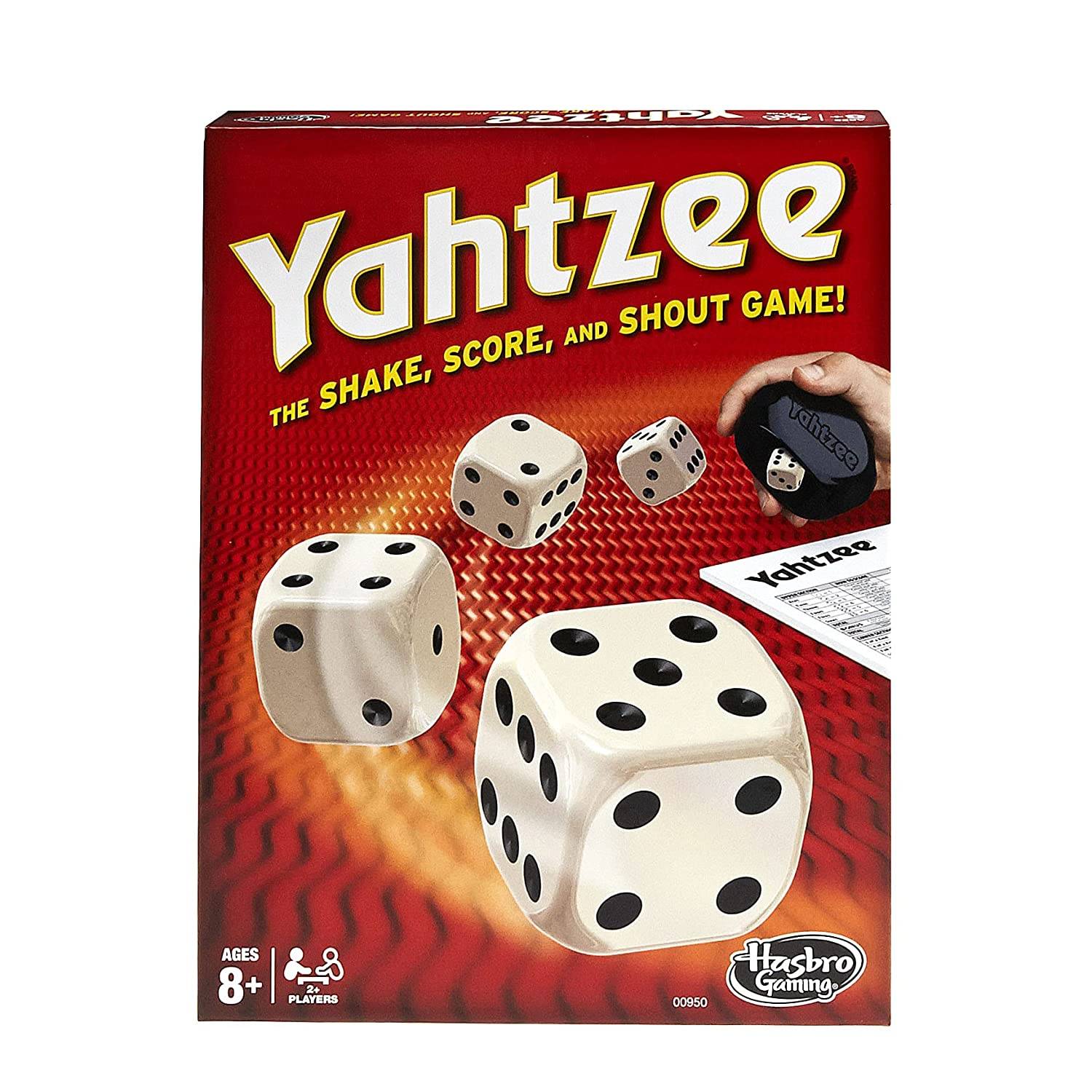 ### Yahtzee
### Yahtzee
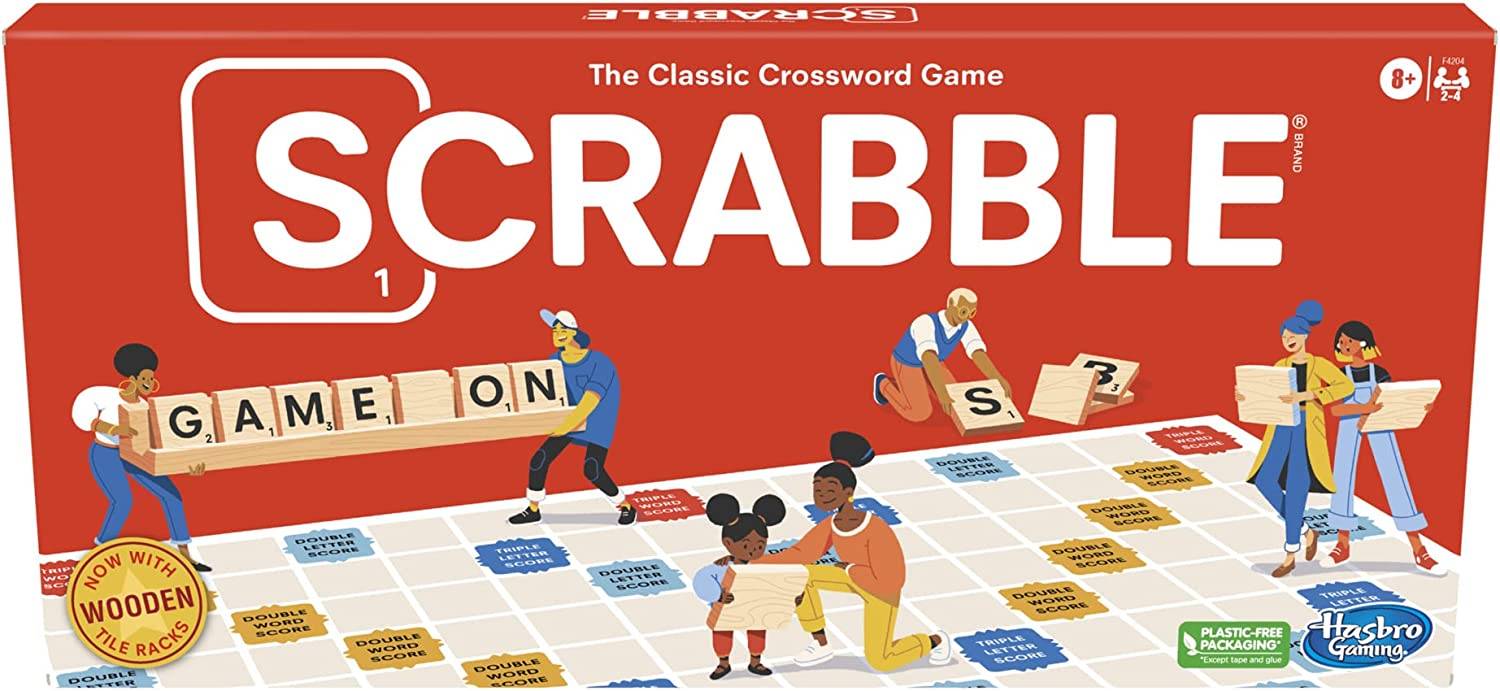 ### Scrabble
### Scrabble
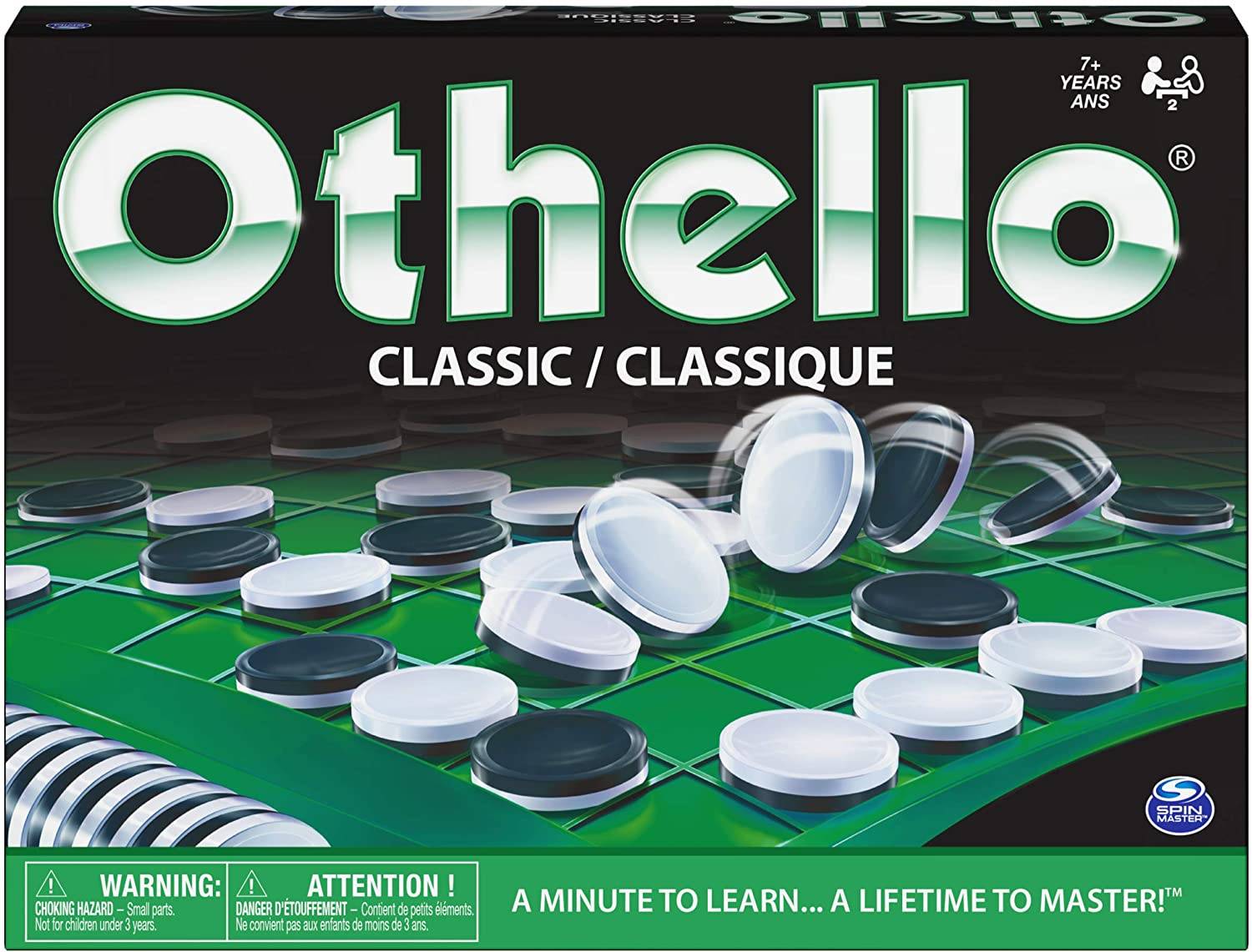 ### Othello
### Othello
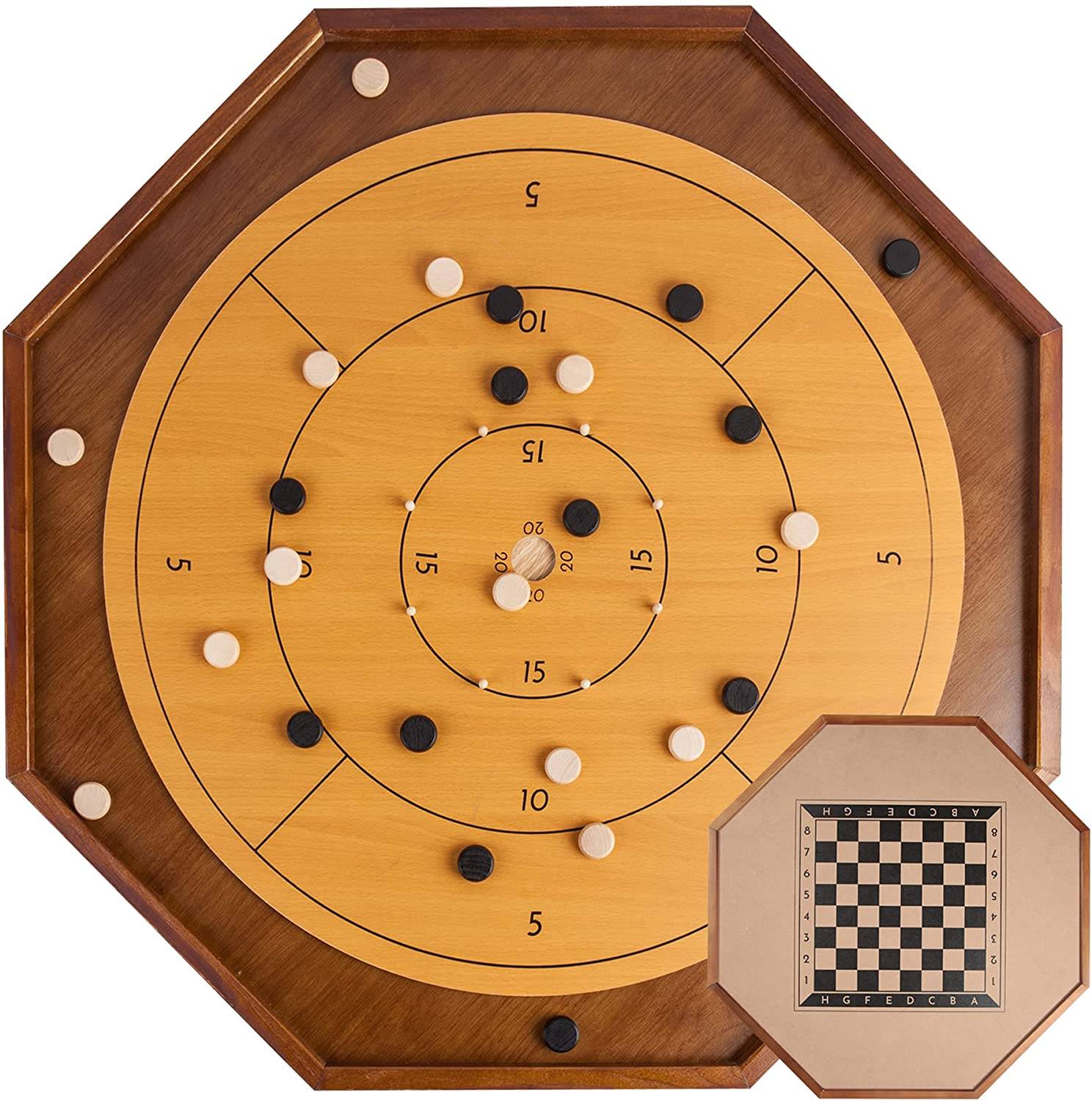 ### Crokinole
### Crokinole
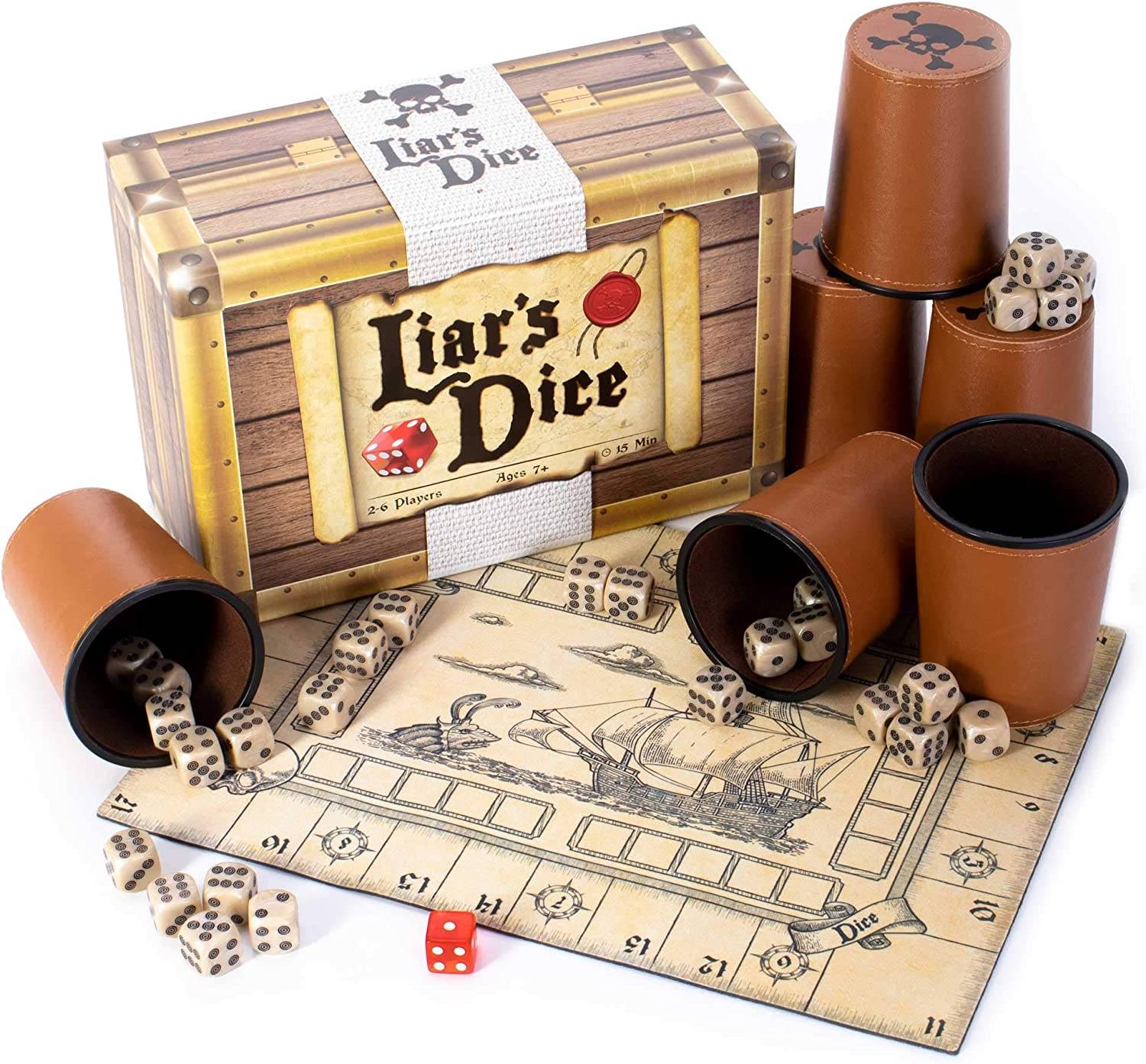 ### Liar's Dice
### Liar's Dice
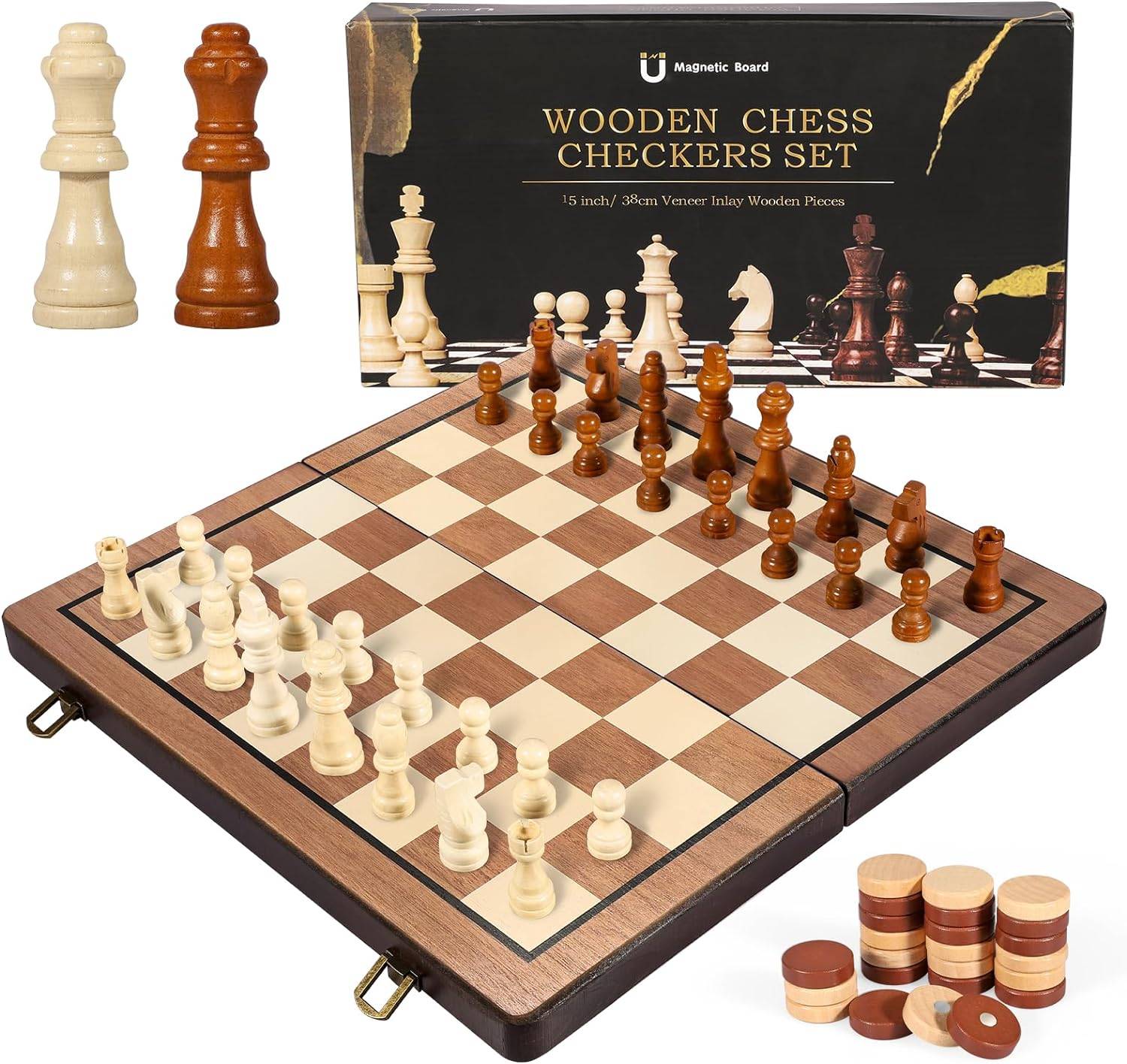 ### Chess - Magnetic Set
### Chess - Magnetic Set
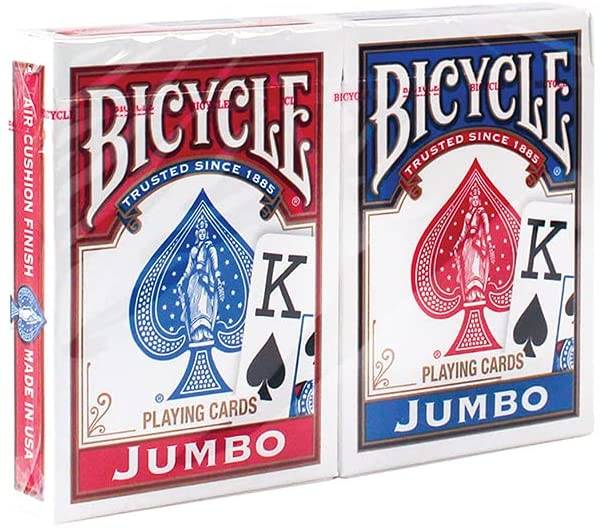 ### Playing Cards
### Playing Cards
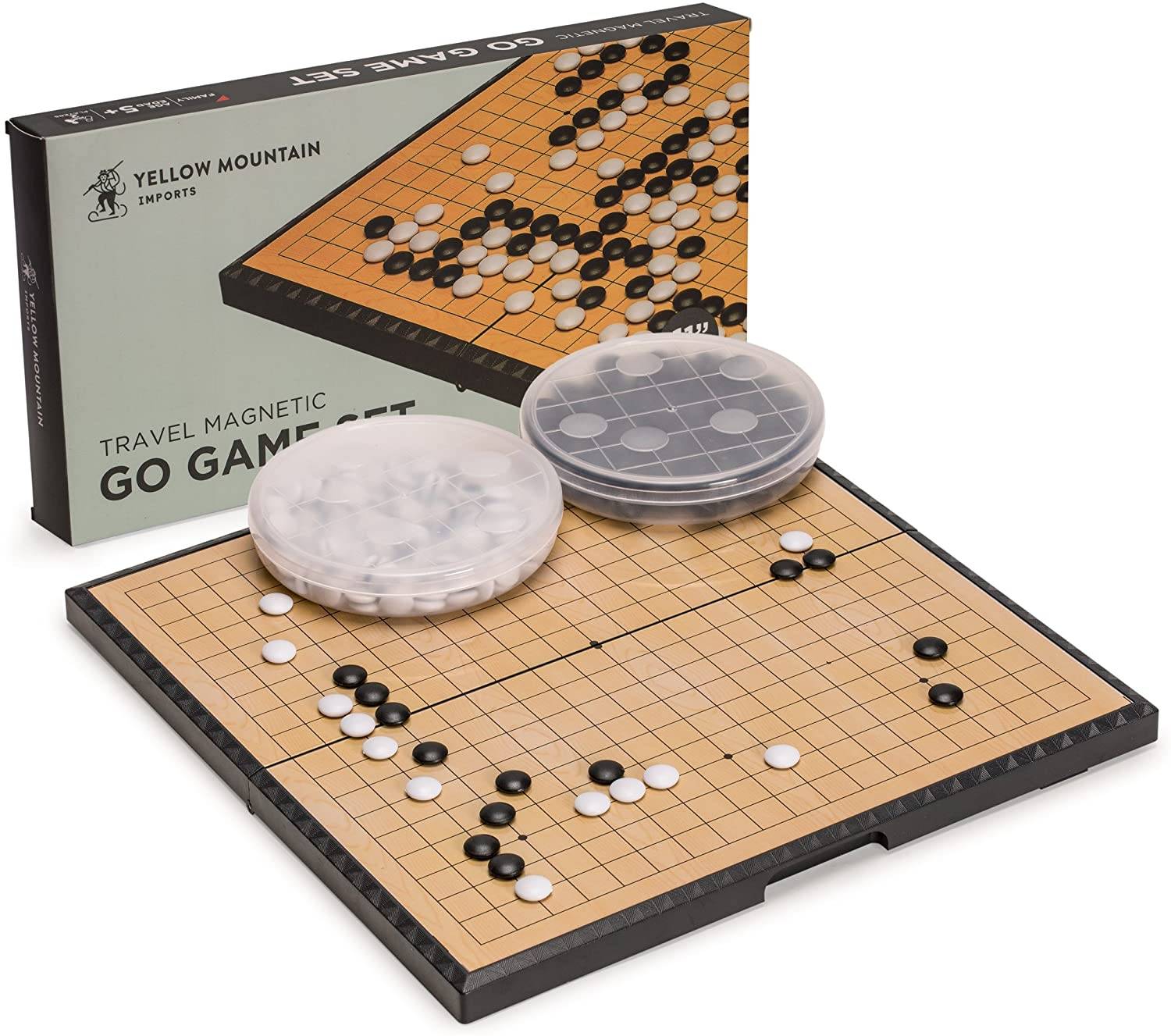 ### Go - Magnetic Board Game Set
### Go - Magnetic Board Game Set
Detailed Reviews:
(Note: The following sections are paraphrased and condensed to avoid redundancy while retaining key information. Amazon links are placeholders and should be replaced with actual links.)
-
Azul (2017): A visually stunning abstract game with deceptively simple rules. Its elegant gameplay offers surprising depth and strategic interaction. Expansions are available.
-
Pandemic (2008): A cooperative game where players work together to combat diseases threatening the globe. Its clever mechanics and accessible rules made it a global phenomenon. Numerous expansions exist.
-
Ticket to Ride (2004): An accessible set collection game based on the Rummy card game. Its tight gameplay and player interaction create a tense and exciting experience. Many versions and expansions are available.
-
Catan (1996): A revolutionary game in its time, combining dice mechanics, trading, and route planning. Its blend of luck and strategy remains addictive.
-
Sherlock Holmes: Consulting Detective (1981): A unique blend of board game, mystery, and choose-your-own-adventure. Players collaborate to solve mysteries in Victorian London. Expansion packs are available.
-
Can't Stop (1980): A dice-rolling game where players race to reach the top of columns. The tension of deciding whether to continue rolling or stop adds to its appeal. A mobile version is also available.
-
Acquire (1964): A game about creating, merging, and investing in companies. Its blend of spatial challenges and economic strategy remains fresh and exciting.
-
Diplomacy (1959): A negotiation-heavy game set in 19th-century Europe. Its simultaneous move system and focus on alliances and betrayal make it a unique and often contentious experience.
-
Yahtzee (1956): A classic dice game where players fill a scoring grid. Its simple rules mask a surprising level of skill and strategic decision-making.
-
Scrabble (1948): The well-known word game that balances vocabulary and spatial strategy. Its familiarity makes it easy to find players.
-
Othello/Reversi (1883): A two-player abstract game where players try to control the board by flipping their opponent's pieces. Its simple rules lead to complex strategic battles.
-
Crokinole (1876): A dexterity game requiring skill and tactical positioning to score points by flicking disks onto a circular board.
-
Liar's Dice (1800s): A bluffing game where players bid on the dice they secretly roll. Its deceptively simple rules create opportunities for strategic deception.
-
Chess (16th Century): A timeless strategy game with a rich history. Its enduring popularity speaks to its complex and engaging gameplay.
-
Playing Cards (~900 AD): The foundation for countless games, offering endless possibilities for strategic play.
-
Go (~2200 BC): An ancient strategy game with profound depth and complexity. Its simple rules belie its strategic richness.
Defining a "Classic" Board Game:
The criteria for a "classic" board game are subjective but generally include high sales figures, influential game design, and widespread brand recognition. Games like Ticket to Ride exemplify high sales, while Acquire showcases influential design concepts that impacted later games. Finally, Chess and Diplomacy represent widespread familiarity.

 Latest Downloads
Latest Downloads
 Downlaod
Downlaod


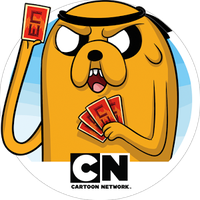

 Top News
Top News


